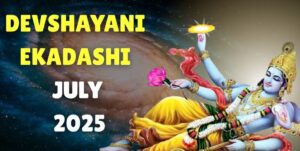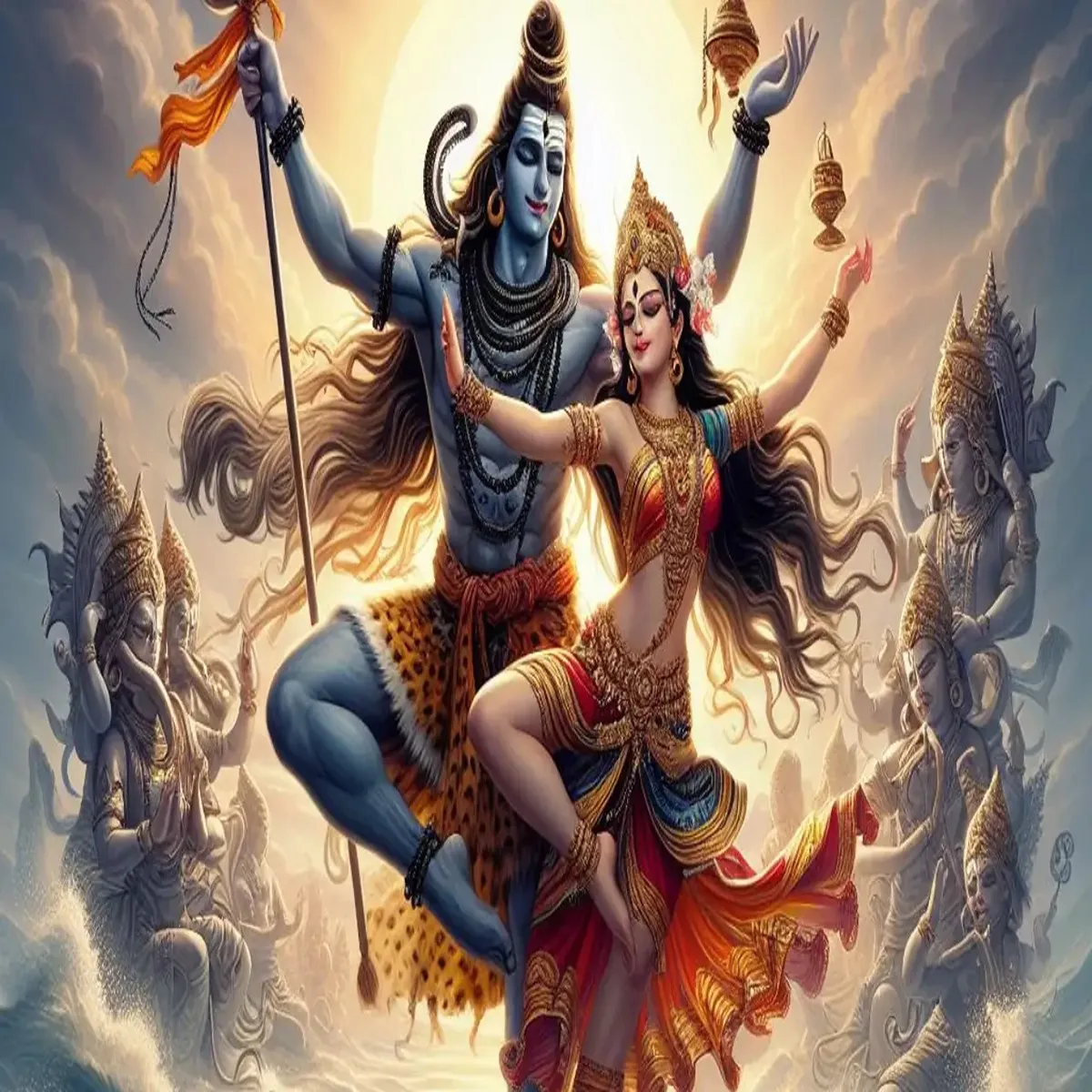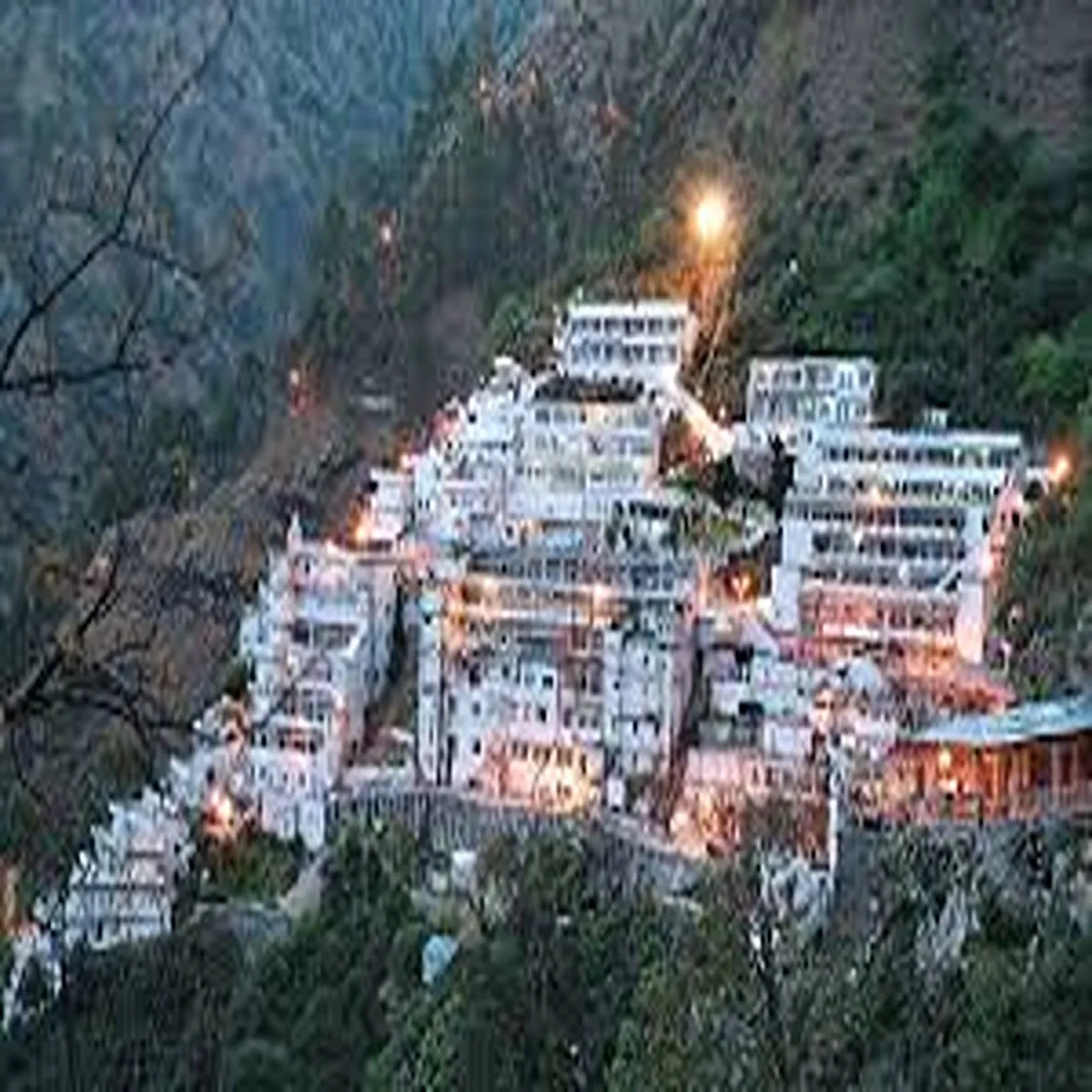Know why Devshayani Ekadashi is celebrated and the mythology behind it
Devshayani Ekadashi 2025: Devshayani Ekadashi is observed annually on the Ekadashi day of Shukla Paksha in the month of Ashadh, in accordance with the Hindu calendar. The celebration will take place on July 6 this year. In Hinduism, Chaturmas, a four-month holy season dedicated to acquiring spiritual knowledge, begins on this day. Mythologically speaking, Lord Vishnu enters a four-month-long state of profound cosmic slumber called Yoga Nidra in Kshir Sagar (the cosmic ocean) on this day. Tell us about the mythology surrounding Devshayani Ekadashi in such a scenario.

Why Devshayani Ekadashi Is Important
Also known as Harishayani Ekadashi, Padma Ekadashi, or Ashadhi Ekadashi, Devshayani Ekadashi is observed on the ekadashi of Shukla Paksha in the month of Ashadh. It is said that Lord Vishnu enters a four-month state of Yoga Nidra on this day. During this time, auspicious tasks like marriage and housewarming are avoided. Devotees who observe this fast get blessings from Lord Vishnu, have their sins forgiven, and have their way to happiness, prosperity, and salvation cleared. This fast is a special fusion of penance, charity, and devotion.
Tales from Mythology
Ekadashi Devshayani and King Mandhata
The significance of this fast is shown by the mythical tale of King Mandhata. Mandhata, the Suryavanshi King, was a devout and compassionate monarch in antiquity. There was a horrible drought in his country once, yet the people there were joyful, and religious devotion was very important. The people suffered from hunger and thirst, the rivers dried up, and the crops were damaged due to the lack of rain. King Mandhata was very pained by his people’s tragedy. In order to determine the root of the dilemma, he sought advice from several sages and ascetics. A renowned sage explained that a Brahmin’s fault was the cause of this famine, and the sage suggested executing the Brahmin, but the monarch chose not to do so. He then counseled the monarch to follow the Devshayani Ekadashi fast and enlist his people in it in order to combat this famine.
The monarch was totally committed to keeping the fast. He encouraged his followers to join in this activity as well. Charity was performed, Lord Vishnu was worshiped, and Vishnu Sahasranama was chanted. Without eating or drinking, the monarch himself fasted and undertook a difficult penance. His dedication and the combined efforts of his people delighted Lord Vishnu. The drought-stricken country was once again covered with greenery as a result of his grace, which caused the clouds to begin rumbling and pouring rain. The subjects’ lives returned to happiness once the rivers were flooded.
This tale demonstrates how the Devshayani Ekadashi fast not only atones for personal transgressions but also contributes to preserving the natural equilibrium and well-being of the community. King Mandhata’s leadership and commitment prevented a catastrophe in his realm.
Bali the King and Vishnu the Lord
In legend, Bali, the demon king, was a strong and kind leader. He conquered all three planets with the help of his penance and yagnas. Concerned about his might, the gods turned to Lord Vishnu for assistance. In order to go to King Bali, Vishnu assumed the shape of Vaman. Vaman was greeted by Bali, who invited him to make a request. Vaman requested three land steps from Bali. Bali accepted it with pleasure, but Vaman measured the whole earth as soon as he took the first step. Bali lowered his head and begged Vaman to put the third step on his head when there was no more room for the sky in the second or third steps. As the ruler of Patala Lok, ruler Vishnu dispatched Bali to the netherworld.
Bali was blessed by Lord Vishnu, who was pleased with his devotion and hard work, by agreeing to reside with him for four months each year, or Chaturmas, in Patala Lok. Atop Devshayani Ekadashi, Lord Vishnu enters Yog Nidra and sleeps atop Sheshnag in the Kshir Sagar, marking the start of this time. At the conclusion of Chaturmas, on Devuthani Ekadashi, he wakes.

